
NEW: An Ethical Lens on Current Themes
Video Content March 2024 Release
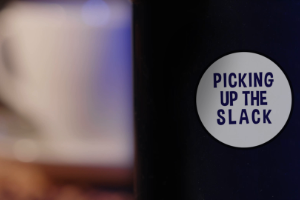
Anushka, an actuary, is very stressed as the project she is managing is getting out of hand and Harvey, one of the key project members, is off sick indefinitely. The project was ambitious, and she was told that she would be given whatever resources were needed, however this didn’t materialise. The timelines are tight, and non-negotiable. Anushka brings in Rhys, an experienced team member, to the project in order to cover for Harvey’s absence, but he isn’t keen to pick up someone else’s work and seems to want to redo most of it. With the deadline date looming, how can Anushka deliver the project whilst still remaining professional and follow the Actuaries’ Code?
Picking up the slack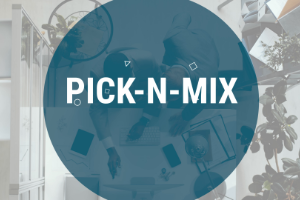
Career progression is often reliant on a metric - some form of measurement that assesses performance, undertaken during a job interview, or perhaps an appraisal. But a single metric can hide a lot of information, and it may not always be fair. This case study considers three individuals who have applied for a position in a company: one is a neurotypical individual who is an all-rounder, and the other two individuals are neurodivergent.. The hiring managers discussing the applicants’ performance, may or may not be exhibiting unconscious bias.

Lucy and Justin are two junior part-qualified actuaries who are about to have meetings to have work peer reviewed. Glenn and Kim, the reviewers, have ways of communicating that may well be considered ‘unprofessional’, but both give what they consider to be just ‘honest feedback’.
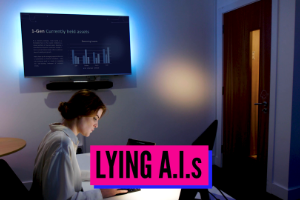
The year is 2026. 1-GEN is one of the top three general insurers in the UK and top 10 in the EU. Like all other GI companies, 1-GEN uses AI (Artificial Intelligence) systems to dynamically price and underwrite policy applications and employ optimisation techniques to maximise profit within the allocated risk budget across policy lines.
Simon, an experienced Actuary and Data Scientist, has been doing some tail risk analysis on the contents lines and has done a ‘deep dive’ into the data that drives the systems. He finds inconsistencies but it doesn’t look like it’s a glitch in the system, rather an issue in how the AI has been programmed to maximise profits. He raises his concerns with Veronique who is the statutory reporting actuary. Veronique wonders whether, given that it could be a company-wide or industry-wide issue, should she report it immediately or give herself more thinking time and raise it once she better understands the scale of the problem.
Mini Case Studies March 2024 Release
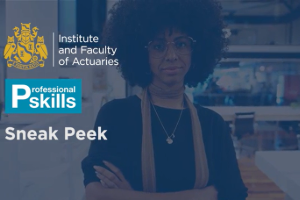
Emma, an actuary, is undergoing online mandatory internal training, culminating in a short multiple-choice quiz (MCQ). All staff must undergo the training and ’pass’ the quiz, otherwise they will have to undergo a refresher course. Emma completes the training and as she’s about to take the MCQ test, she receives an email notification from Petra, a colleague, who’s completed the training successfully and is sharing the answers to the MCQs.
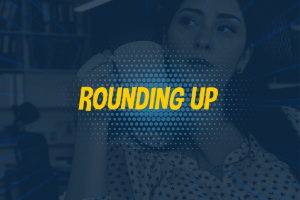
Sian started doing some e-learning modules and noticed that the quizzes appeared to be based on assessment questions that she had previously completed last year. As she referred to some notes from the previous year, she completed the module in a third of the time but recorded the full time allocated to complete the modules. Is there anything wrong with Sian counting this work-based learning towards the mandatory CPD requirements?

Bianca, an actuary, is finalising some pricing work and decides to call her colleague to discuss as she has some concerns that the results are not right for the consumers. Her colleague Tim reminded Bianca that the client is only paying for technical actuarial input, but Bianca is concerned that if they don’t call out the risks and alternatives that it will look like an endorsement. Can Bianca consider the limited scope without considering a wider duty of care?
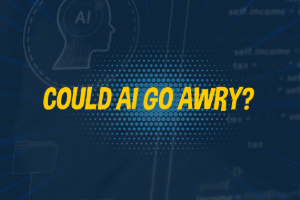
Katherine is presenting a report to her colleague Leon. The visuals are very impressive and portray positive forecast projections for the upcoming year. Leon congratulates Katherine on her impressive report and supporting document pack but questions how she got to the figures in the chart. Katherine explains she pasted the customer data set into ‘CONVO-SIM’, a public AI-based tool, and assures Leon that everything will be fine, as the tool is ‘free from human error’. How can she be so sure? Leon wonders if he should say something.
Video Content October 2023 Release

Making the Cut
This scenario depicts how the framing of questions and personal biases of interviewers can impact the interviews e.g. biases against gender, age, race, mental health. The two main characters (Claire and Michelle) are conducting an interview process and it becomes clear that they are not entirely happy with any of the candidates, but feel they need to make a decision rather than go through the process again, due to other work pressures.
Making the Cut
Temperatures Rising
This scenario features a discussion about a risk framework to handle climate change within an insurance company. This gets out of hand, with neither of two extreme points of view (expressed by Lee and Serena) providing a worthwhile solution to exasperated Team Leader Zara. Both Lee and Serena are passionate about their personal opinions on the subject and how it relates to Actuarial work. Each think the other is being totally unrealistic. This scenario focusses on heated opinion driven discussions rather than climate change.
Temperatures Rising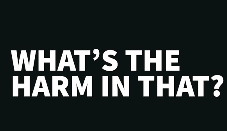
What's the Harm in That?
Erin, a qualified junior actuary, is due to attend a board meeting with her boss Vanessa, who is presenting a report in which Erin created the charts and tables but had no further input. Vanessa has suggested Erin attends the board meeting to show the interaction as she’s a recent addition to the team. The report requires board sign-off to approve funding for a transaction – if it’s not approved at the meeting the entire transaction would be at risk. Vanessa calls to let Erin know that she has a family emergency and can’t attend the board meeting. Vanessa is outdoors and the telephone line breaks up as she’s suggesting the next steps to Erin – Erin is left not knowing what to do.
What's the Harm in That?Mini Case Studies October 2023 Release
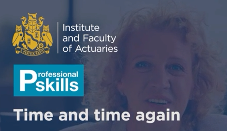
Time and Time Again
This scenario is based on the Chair of a working party trying to schedule a regular meeting time that is not convenient for participants in different time zones.
Time and Time Again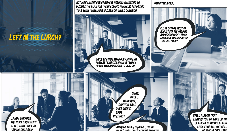
Left in the Lurch
Graeme, a manager, is in a team project planning meeting with some colleagues. He makes assumptions about his colleagues’ work capacity due to their personal circumstances and asks personal questions in the team meeting.
Left in the LurchInteractive Case Studies October 2023 Release
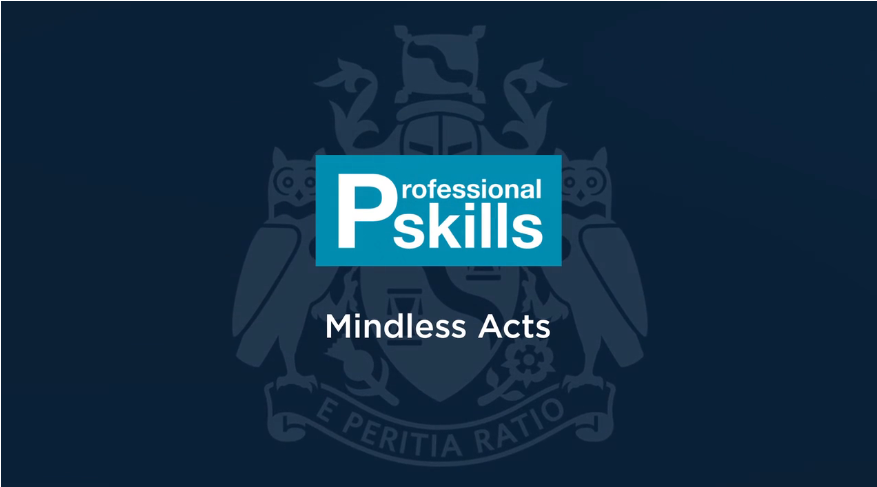
Mindless Acts
This case study has been created to tease out, what is on the surface, straight forward interactions with colleagues. Do you consider the consequences of your reaction when involved in these types of conversations?
Mindless ActsToolkit

Toolkit
Our Toolkit, which is designed to provide you with helpful tips and relevant and engaging content to help you to facilitate high quality, participative sessions for your colleagues.
Toolkit